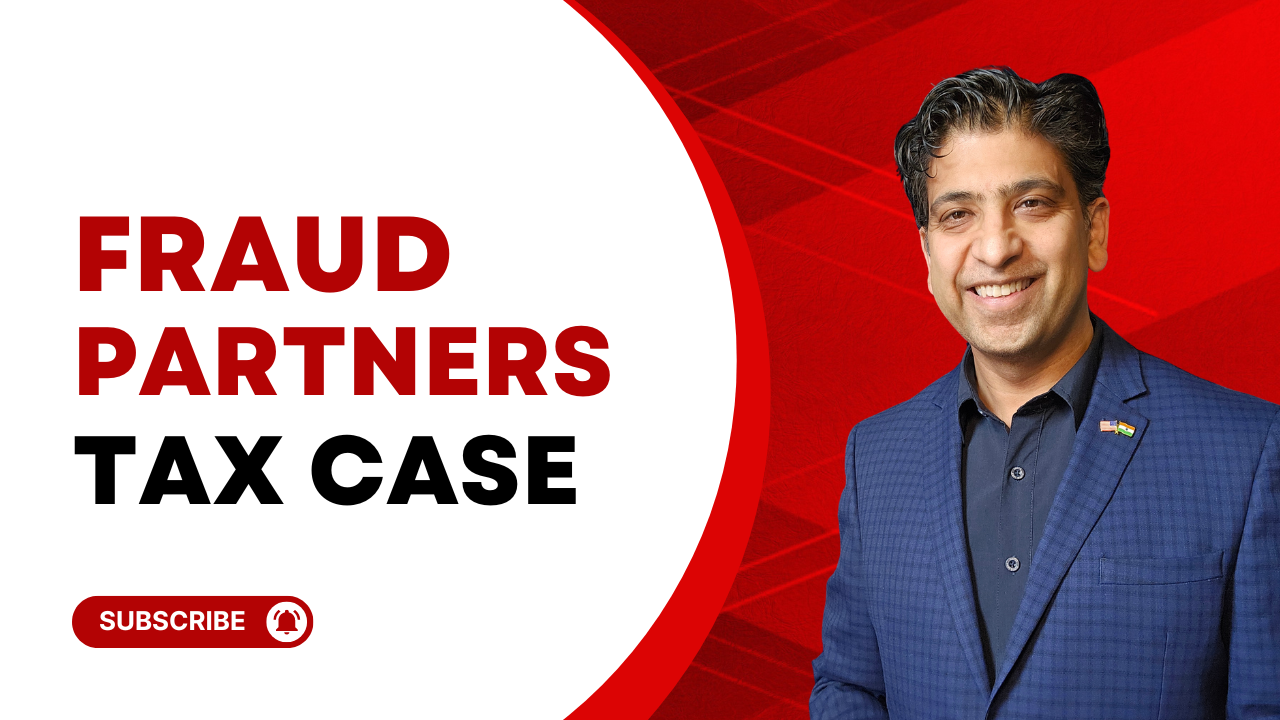
When it comes to owning a business with multiple partners, trust is essential but not always enough. The story of James Maggard, a minority shareholder in an S corporation, serves as a powerful warning about the risks of placing too much trust in business partners. Maggard's experience reveals how easy it can be for unscrupulous partners to manipulate financials and deceive other shareholders, leading to severe financial and legal consequences. Here’s what happened and what every minority shareholder should learn from this cautionary tale.
James Maggard owned a 40% stake in an S corporation. His business partners, LL, a longtime family friend, and WJ, owned 40% and 20%, respectively. Unfortunately, LL and WJ conspired to exploit the company for their gain, using their positions to manipulate financial statements and enrich themselves at Maggard's expense.
The trouble began when LL, who handled the company's accounting, and WJ, the corporate secretary, started inflating their expense accounts and reimbursing themselves with company funds. Maggard, trusting his partners, was unaware of these activities. Over time, the situation escalated. LL and WJ voted to increase their salaries, vacation time, and benefits, deliberately excluding Maggard from these perks. Furthermore, LL ceased filing the corporation’s tax returns and stopped issuing the required K-1 tax forms to Maggard, leaving him in a precarious financial position.
Without receiving the proper K-1 forms, Maggard relied on LL for his tax information. Incredibly, LL provided Maggard with the company's financial information on a paper napkin, listing a $300,000 loss for the first year and a $50,000 loss for the second year. For the third year, Maggard reported no income or loss from the S corporation.
Unbeknownst to Maggard, LL later issued official K-1 forms to the IRS, which showed substantial taxable income for each of the three years:
In total, the discrepancies between the napkin figures and the official K-1s resulted in an underreported income of $784,444. Worse still, Maggard did not receive any cash distributions from the S corporation for this income, meaning he was liable for taxes on money he never saw.
Realizing the magnitude of the deception and its potential tax implications, Maggard reached out to the IRS Whistleblower Office. He reported that the S corporation had claimed false deductions, underreported income, and provided kickbacks to LL and WJ. However, despite filing the official whistleblower form, the IRS did not act on his information.
In court, Maggard argued that his partners’ unauthorized and disproportionate distributions created a "second class of stock," which should disqualify the company from S corporation status and instead classify it as a C corporation. This reclassification could have alleviated his tax burden. However, the court ruled against him, citing IRS regulations that unequal distributions do not constitute a second class of stock if the corporate documents provide for identical distribution and liquidation rights.
Ultimately, the court held Maggard responsible for the taxes on the $784,444 of S corporation income. Despite the sympathy for his situation, the law was clear, and Maggard was left to pay taxes on income he never received.
The unfortunate experience of James Maggard offers several critical lessons for minority shareholders:
Trust but Verify: Never assume that a family friend or long-time acquaintance will act in good faith. Always implement checks and balances within the business to ensure transparency and accountability among all owners.
Assert Your Rights: As a minority shareholder, you have rights and should assert them when necessary. If something seems off, such as missing meetings or unexplained financial decisions, take action immediately.
Seek Professional Guidance: When it comes to taxes and complex financial matters, do not attempt to handle everything yourself. Engaging a qualified tax professional can help ensure that your filings are accurate and that you are compliant with all regulations.
Demand Proper Documentation: If you are supposed to receive a K-1 and do not, recognize that this is a red flag. Taking prompt action to secure the proper documentation can help prevent future legal and financial troubles.
The story of James Maggard underscores the importance of vigilance, clear communication, and professional guidance in businesses with multiple owners. Minority shareholders must actively participate in the business's operations and assert their rights to protect their interests. Moreover, accurate tax filings are essential, particularly when dealing with complex business structures like S corporations.
This case serves as a stark reminder that trust, while crucial, should never replace due diligence and proper oversight in any business partnership.
Ready to dive deeper and tailor a strategy specifically for your needs? Set up a FREE discovery call with Tax Code Advisors to learn more.
Stocks Investment HSA Health Insurance Buy-Sell Questions Business Gift Kids Financial freedom Retirement planning Financial freedom number Withdrawal rates Investment strategies Long-term financial planning Debt management Tax planning Personal finance Buy Rent Real Estate Rates Tax Strategies HRA Medical llc payroll Tax Tax Strategy Fraud Partnerships Partners Tax Case